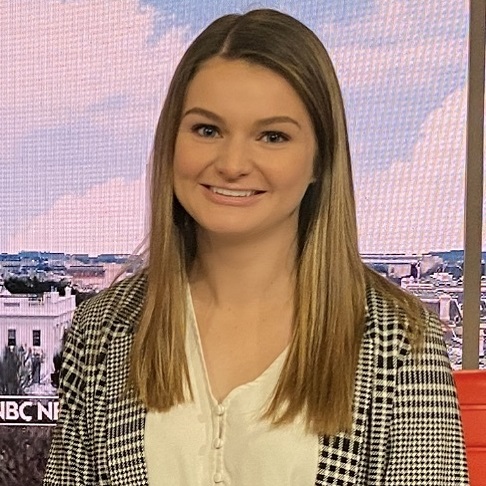As artificial intelligence technologies continue to evolve at a rapid pace, the United States Patent and Trademark Office (USPTO) is looking for feedback on whether or not AI can be listed as an inventor on a patent.
In a Feb. 14 Federal Register notice, the USPTO explained that under current U.S. patent laws, inventorship cannot be attributed to an AI machine, and is limited to a “natural person.”
However, AI – particularly machine learning – is playing a greater role in the innovation process today, and the agency noted there “remains uncertainty around AI inventorship.”
“If these technologies are in fact capable of significantly contributing to the creation of an invention, the question arises whether the current state of the law provides patent protection for these inventions,” the notice says. “Accordingly, in order to foster and promote AI-enabled innovation, the USPTO requests further stakeholder feedback on the current state of AI technology in the invention-creation process and on how to address inventions created with significant AI contributions.”
The USPTO is opening the conversation to the public and wants feedback on several questions, including:
- How is AI, including machine learning, currently being used in the invention-creation process?
- How does the use of AI in the invention-creation process differ from the use of other technical tools?
- If an AI system contributes to an invention at the same level as a human who would be considered a joint inventor, is the invention patentable under current patent laws?
- Do inventions in which an AI system contributed at the same level as a joint inventor raise any significant ownership issues?
- Is there a need for the USPTO to expand its current guidance on inventorship to address situations in which AI significantly contributes to an invention?
- Should the USPTO require applicants to explain contributions AI systems made to inventions claimed in patent applications?
- What additional steps, if any, should the USPTO take to further incentivize AI-enabled innovation?
- What additional steps, if any, should the USPTO take to mitigate harms and risks from AI-enabled innovation?
- What statutory changes, if any, should be considered?
Comments and responses are due by May 15. However, submissions to the special issue of the “Journal of the Patent and Trademark Office Society” can be made directly to the journal at editor@jptos.org by July 1, 2023.
The agency also said it will hold stakeholder engagement sessions regarding inventorship and AI-enabled innovation. USPTO will announce information regarding these sessions on the Federal Register and the AI/ET Partnership website.

